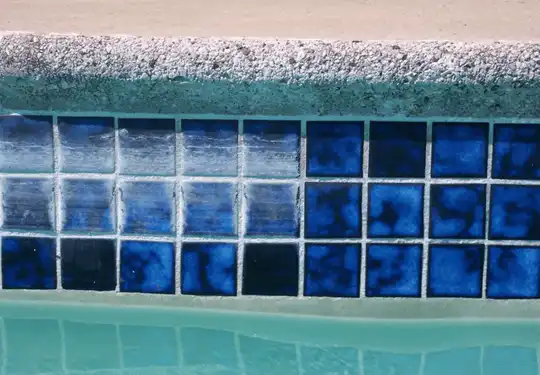Calcium hardness is a measure of the calcium content in pool water and in our case, filters. It is important to pay attention to calcium hardness levels to prevent filters from corroding and blocking the outlets. High calcium hardness will cause blockages, while lower levels might cause the filter material to erode. As such, practitioners need to understand the impacts of calcium hardness, as well as preventive maintenance procedures to maintain desired levels.

Blog post image descriptions
Understanding Calcium Hardness
Calcium hardness can be defined as a measure of the concentration of calcium ions in an aqueous solution. It is an important factor used in pool chemistry to avert scale formation and to control corrosion and /or destruction of the filter materials. Calcium hardness also affects the performance of chlorine shock treatments. Ideally, a range of 200-400ppm should be maintained to achieve desired structural integrity of the filter bed.

Blog post image descriptions
Effects of Lower Hardness
If the calcium hardness levels drop below 200ppm, the filter media will start to erode. This is typically irreversible and can cause mechanical failure, leading to entire sections of the filter bed needing to be replaced. Additionally, low calcium levels might lead to biofilm growth on the filter material, further reducing the operational efficiency of the filter system.

Blog post image descriptions
Preventive Maintenance
To maintain desired calcium hardness levels, preventive maintenance procedures need to be followed. Firstly, a continual supply of calcium should be provided into the pool water. This can be done through the addition of a calcium-chloride or sodium-carbonate additive. Secondly, regular backwashing should be conducted to flush out debris and gunk that have been removed from the pool.
Protect your water's quality with adding calcium hardness!
Achieving Desired Calcium Levels
Finally, looser filter cartridges might need to be replaced if they start to erode too quickly. Installing higher quality filter material in your filter beds will also increase efficacy. Ultimately, all of these preventive measures should help maintain a desirable calcium hardness range of 200-400ppm, preventing filter damage caused due to extreme calcium levels.
Blog post image descriptions
In conclusion, calcium hardness is an important factor to consider when servicing and maintaining filters. It not only affects the performance of chlorine shock treatments, but it impacts the filter bed as well. Practitioners should strive to maintain desired calcium levels of 200-400ppm through regular maintenance of the filter bed and additives. This will help protect the integrity of the pool filter from corrosion and blocking.
